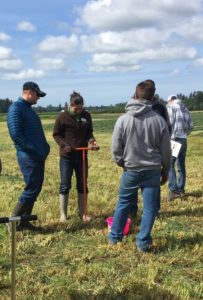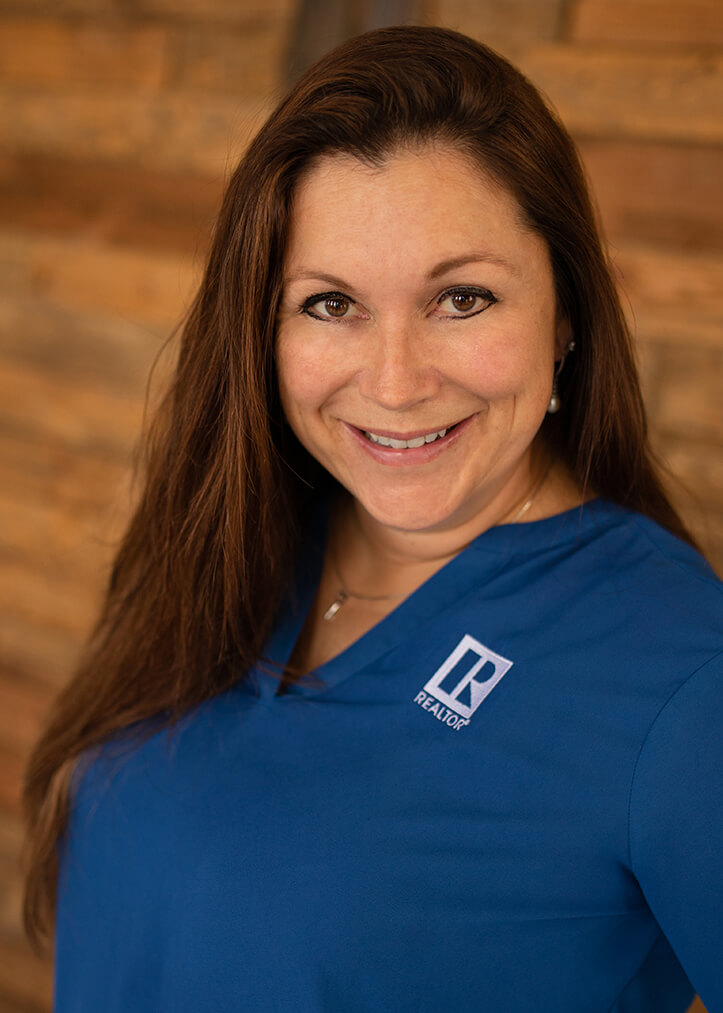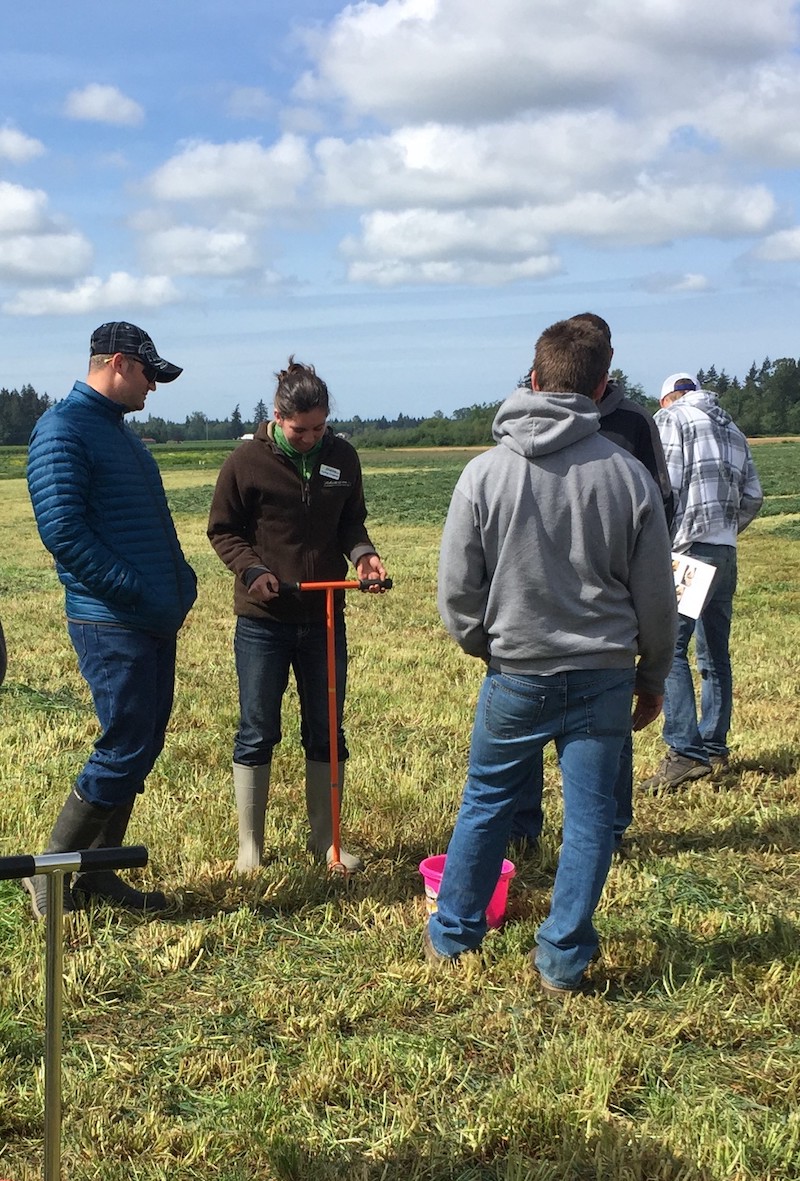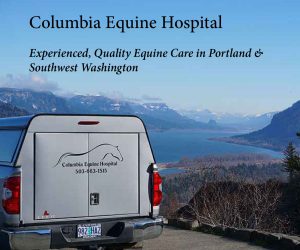Conservation Districts Offer Free and Confidential Help
By Allison Trimble

My family is finally breaking ground on our new property! Throughout the natural resources assessment with Whatcom County we had to deal with critical areas and the management of continued agricultural use on those areas. In our county, this often means a conservation easement will be recorded on the property, and one way to address compliance is by implementing a farm plan.
Whatcom Conservation District (WCD) offers assistance to property owners, and I thought a brief overview of farm plans—and how they work—would be helpful to everyone who runs a small farm. I reached out to Katie Pencke, Small Farm Planner with the WCD, to answer a few questions.
What is a farm plan?
A farm plan is a summary of your goals and management practices for your specific farm or rural property. It includes a site map, a checklist of current management practices, and a list of planned best management practices that help protect water quality and improve productivity and animal health. It could also include a long list of resources to help you with implementation of your plan. A farm plan is a living document. It will adapt as your goals evolve and change.
Why does a property owner need a farm plan?
Implementing a farm plan that incorporates best management practices will help ensure compliance with environmental laws and can also make your farm a better place to live—economically and aesthetically. If you would like to use critical areas (wetlands, streambanks, critical aquifer recharge areas) or their buffers on your property for agriculture activities, Whatcom County requires an approved farm plan. A trained livestock or agricultural advisor will work with you on project planning, learn about your goals, and create customized solutions to conserve natural resources while improving productivity, saving money, and improving animal health.
In your experience, what’s the biggest mistake property owners make in their land use?
The most common mistake I see people make is thinking that the Conservation District is a regulatory agency who will levy fines if you do not follow a farm plan or if we see some environmental issue on your site. The truth is that the farm planning services of the Conservation District are free and confidential as mandated by the state law that created a Conservation District for every county.
The Whatcom Conservation District is a non-enforcement subdivision of the State of Washington and is supported by grants. The district is charged with the duties of protecting the soil and water of Whatcom County, particularly in relation to farming and animal keeping practices, through free and confidential technical assistance and education. We are here to help you be a steward of your land.
What are the three most important tips you can give a small farm owner to help improve their management practices?
- Keep animals off pastures until soils are no longer soggy. One of the most important aspects of pasture management is the time you keep animals off the pasture. Dormant plants in saturated soils cannot survive continuous grazing and trampling. They are easily compacted which suffocates the roots of grass plants.
- Establish a sacrifice area. Improve the health and productivity of your pastures and help break parasite cycles for improved animal health. Create and use a paddock (sacrifice area) to confine your animals. It is called a sacrifice area because you are giving up the use of that land in grass production to benefit the rest of your pastures. Ensure there is no runoff of manure to surface waters from your sacrifice area. Confine animals during the winter and early spring when grass plants are dormant, and soils are wet. In the summer utilize the sacrifice area to keep pasture from becoming overgrazed.
- Keep fresh water fresh. Barn gutters, downspouts and underground outlets can reduce mud, improve footing, and prevent runoff from areas of your farm that have manure.
What’s something people may not know about a farm plan but should?
Farming sustainably is good for everyone and can be profitable. Many farm plan participants enjoy increased efficiency and profitability as a result of increased environmental sustainability. We will collaborate to develop a plan for your farm to match the time and materials you have available to you. The Whatcom Conservation District also has a limited small farm grants program to fund projects that will have a positive impact on local water quality.
Not all counties or states are the same with how they handle their critical areas, but there is likely something similar in your local area.
Meet your farm planner: Katie Pencke
Katie Pencke joined the WCD in May of 2016 as a Livestock Planning Technician. She assists landowners by providing technical assistance, farm plans, and to answer other resource management questions. She lives on a small farm in Everson, WA.

Allison Trimble is a Realtor® specializing in equestrian properties, farm and ranch properties, and residential real estate. As a former horse trainer, and a current owner, breeder and non-pro competitor in cow horse and reining events, she combines her experience in the horse industry with her lifelong real estate expertise to guide her clients through the real estate process.
Learn more at www.coastalrealtywa.com






